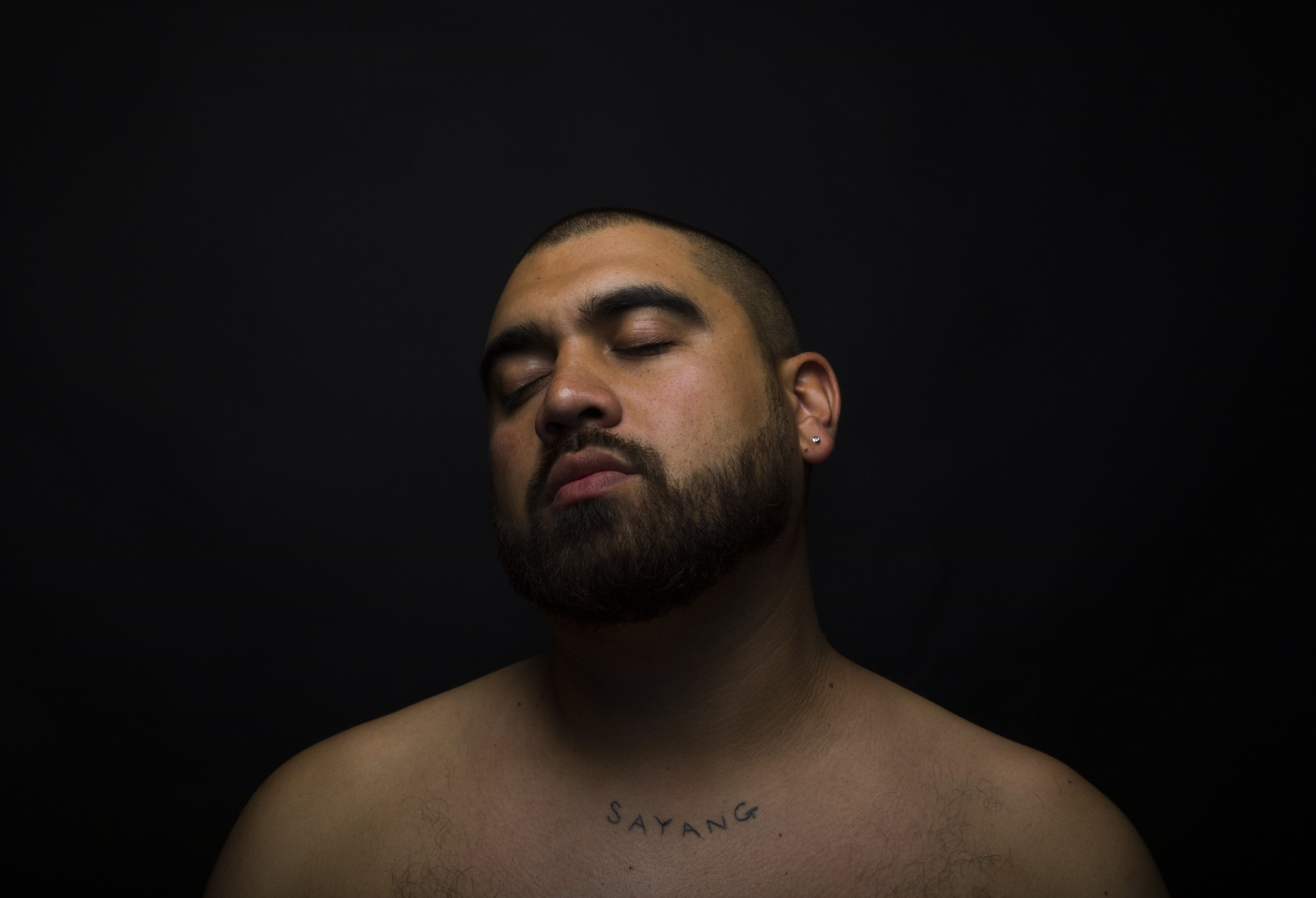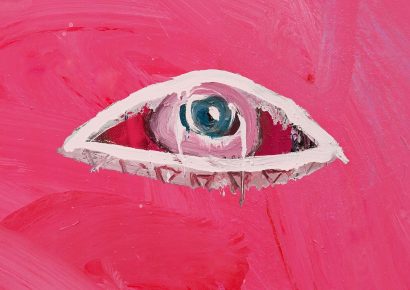Rapper, poet and author Omar Musa has been productive in his artistic ventures – he has been working on his new novel and has just created his own play called Since Ali Died, which revolves around his connection with Muhammad Ali.
Ali was always Musa’s hero growing up, so the show consists of Musa’s life experiences and his personal struggles, along with his sharp observations on the darkness that taints modern Australia.
“It [Since Ali Died] was first an album, I was in a really dark place a couple of years ago and it might sound dramatic to say, but it almost felt like it was either art or death,” Musa explains. “That’s what it was in my mind – I was battling with a number of demons and the only way I could survive was to make art about that and to make music.
“I created this album and it first pretends that it’s talking about a friend called Ali who’s gone down a different path to me. I’ve lost this friend, but by the end of the album you realise that I’m actually talking about Muhammad Ali, one of my great heroes.”
The album’s evolution to a play first started around a year and a half ago, when the Griffin Theatre Company in Sydney contacted Musa.
“They asked me to do a one-man show as part of the Batch Festival, which was trying to get people who weren’t necessarily from the theatre world onto the theatre stage,” he says. “They wanted to get new audiences and try new forms with comedy and burlesque and different things.”
While Musa had grown up with parents who were theatre directors, he wasn’t theatre trained, so the Griffin Theatre Company put him in touch with an amazing director named Anthea Williams.
“It was the most intense two weeks of my life, because we had been strangers before that. We got together and welded this crazy monster together, out of all these chaotic moving parts of my personality.
“We ended up creating this story that’s about Queanbeyan where I grew up, a small suburban town [area] – it’s about Islam, it’s about me grappling with faith and my relationship of my father. It’s about love and heartbreak, but also we tried to make sure it had comedic elements in there because that’s a side of my personality as well – the troublemaker and scallywag.”
Musa also incorporates his observations of Australia’s history, specifically the racism over the years and the White Australia policy.
“There are a lot of people that were denied access to having a voice and are only starting to hopefully come into their own now,” he says. “I would in some ways count myself amongst those people; I grew up with a lot of privilege that’s for sure, but being a young Muslim Australian growing up in post 9/11 where Muslim people are demonised, the narratives constructed around Muslim people are very damaging.
“These forces are really overpowering – we see the divisions all around the world, we see people literally trying to build walls like Donald Trump. In a small but not insignificant way, through the art of storytelling, we can build bridges instead of walls, and provoke uneasy and uncomfortable thoughts. I hope it makes people think and question the way they see the world because that’s how it came about; through me questioning the world, questioning myself, my own prejudices, my own culpabilities.”
Musa ties all his chaotic ideas together through one central metaphor in the play: the river of his hometown.
“All this messiness and all these complicated contradictory things are wrapped up in one metaphor, which is the river of my hometown. All rivers are the same river in a way, all the stories are the same stories and it’s all moving forward.”
Since Ali Died will be performed at Art Centre Melbourne’s Fairfax Studio from Tuesday August 13 to Saturday August 17. Head to the Arts Centre Melbourne website for tickets.

